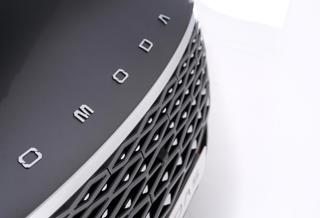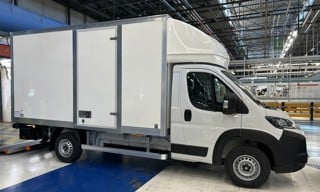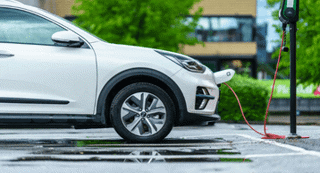Nearly 17 million hybrid and electric vehicles will be on the roads globally by 2020 - five million more than predicted last year, a new study by Juniper Research forecasts.
The Hybrid and Electric Vehicles: Consumer and Commercial Markets research highlighted a need to invest in consumer education, focusing on the capabilities and benefits of electric vehicles, as well the need for an aggressive investment plan to install public charging outlets on all major routes.
It recommended that OEMs take an active role in this education process, investing in campaigns to communicate the capabilities and benefits of electric vehicles in order for them to be viewed as a real alternative to combustion engines.
Juniper Research also believes that stakeholders primarily need to establish the viability and desirability of electric vehicles with consumers, and adopt an aggressive ‘go to market’ strategy that includes:
- The rolling out of a wide-scale public charging infrastructure – that is seen as both ongoing and committed
- Improving vehicle battery life and range per charge
- Conducting effective consumer education campaigns, with attractive incentives to change
The research found that electric car manufacturers are prioritising range as the key issue. OEMs, such as Tesla and Chrevrolet understand that range anxiety is the greatest hindrance to the adoption of electric vehicles.
In order to meet the expectations of the combustion engine vehicle market, Tesla and Chevrolet have focused their efforts towards ensuring that their models’ mileage range can exceed 200 miles on a fully-charged vehicle.
Juniper Researchalso ranked the top five electric vehicle manufacturers, scoring them on five key factors: vehicle range (EPA rated mileage (Environmental Protection Agency)), vehicle sales, infrastructure implementation, time spent in development and deployment, future plans and innovation.
The top ranked manufacturers were:
- Tesla
- BMW
- Nissan
- Chevrolet
- Ford
Tesla scored highly with strong sales, superior mileage range and firm commitment to itsTesla Supercharge scheme. While BMW and Nissan have witnessed high sales, their electric vehicle capabilities lag behind Tesla.





















Login to comment
Comments
No comments have been made yet.